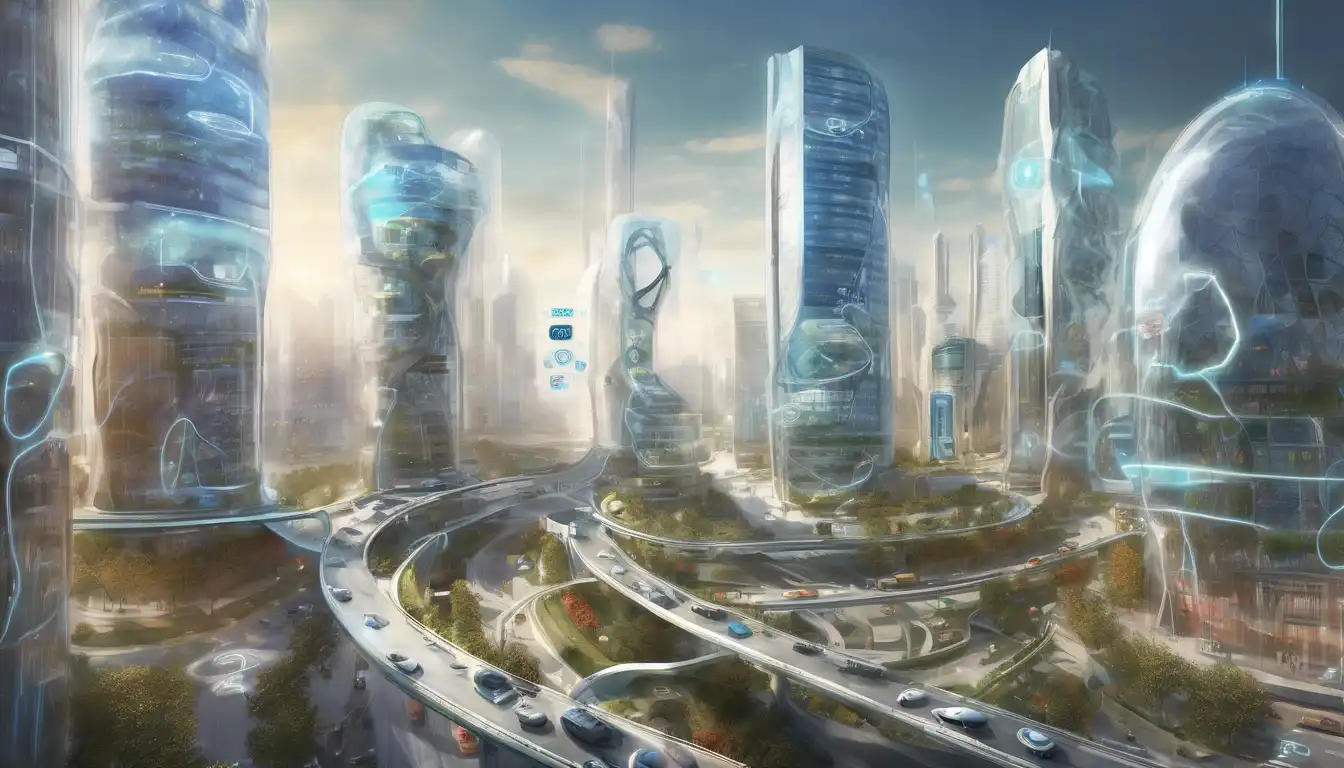The Role of IoT in Shaping Smart Cities
The Internet of Things (IoT) is revolutionizing the way we live, work, and interact with our environment. In the context of smart cities, IoT technologies are at the forefront of urban innovation, offering unprecedented opportunities to enhance efficiency, sustainability, and quality of life for residents.
Understanding IoT in the Urban Context
At its core, IoT refers to the network of physical devices connected to the internet, collecting and sharing data. In smart cities, these devices range from traffic sensors and smart meters to wearable health monitors and autonomous vehicles. The data generated by these devices enables city administrators to make informed decisions, optimize resources, and improve public services.
Key Benefits of IoT in Smart Cities
- Enhanced Public Safety: IoT devices like surveillance cameras and emergency response systems can significantly improve safety and security in urban areas.
- Improved Traffic Management: Smart traffic lights and sensors can reduce congestion and streamline transportation networks.
- Energy Efficiency: Smart grids and meters help in reducing energy consumption and promoting sustainable practices.
- Waste Management: IoT-enabled waste bins and collection systems can optimize routes and schedules, leading to cleaner cities.
Challenges and Considerations
Despite its potential, the integration of IoT in smart cities is not without challenges. Issues such as data privacy, security vulnerabilities, and the digital divide must be addressed to ensure equitable and secure implementation. Moreover, the success of IoT initiatives depends on robust infrastructure, stakeholder collaboration, and public engagement.
The Future Outlook
Looking ahead, the future of IoT in smart cities is bright, with advancements in AI, 5G, and edge computing further accelerating its adoption. These technologies will enable more sophisticated applications, from predictive maintenance of urban infrastructure to personalized public services, paving the way for truly intelligent and responsive cities.
As we continue to explore the possibilities of IoT in urban development, it's clear that the journey towards smarter cities is just beginning. With careful planning and innovation, IoT has the potential to transform urban landscapes, making them more livable, sustainable, and efficient for generations to come.
For more insights into how technology is shaping our future, check out our articles on urban innovation and sustainable cities.
